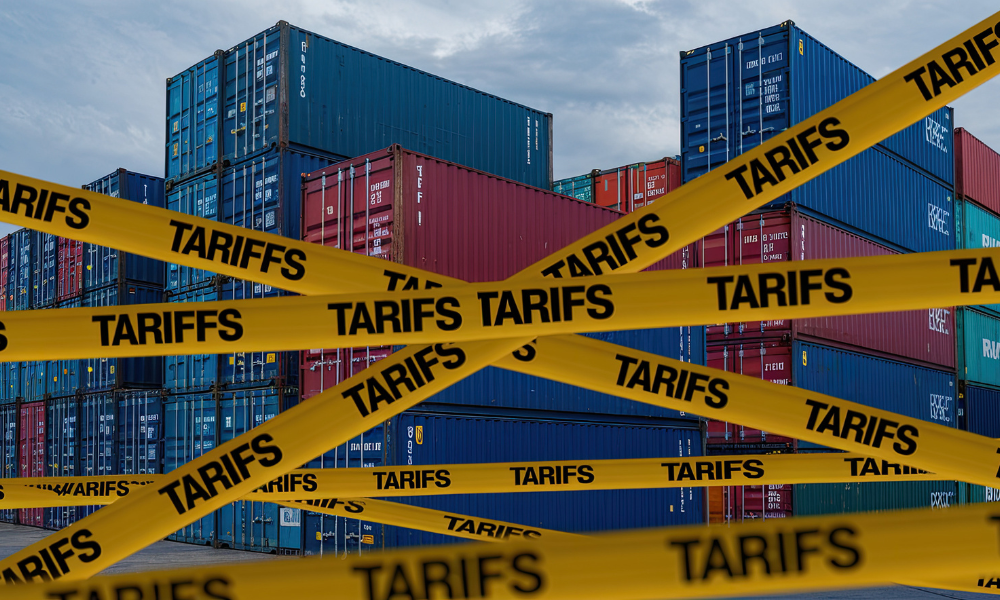Clients are asking about Iranian and Venezuelan oil, Bitcoin, and market adjustments, says strategist

Investors are asking what impact the Russian invasion of Ukraine is having on the financial world and Kristina Hooper, Invesco’s Chief Global Market Strategist, like many other advisors and strategists, is addressing some of the areas they’re concerned about.
In addition, inflationary pressure is ramping up, compounding the impact on energy and other commodities.
“Using figures from the World Bank, we calculate that global consumer expenditures on oil as a percent of gross domestic product would cross the 7% threshold if current oil prices are sustained,” said Hooper. “This figure reached the 7% to 10% threshold twice over the past five decades since 1970. In both instances, a meaningful decline in demand followed. So, there is an elevated risk that the global economy will have moved, within a two-year-period, from a pandemic scare to an inflation scare to a growth scare.”
She noted there are rumours that the U.S. is closing in on a deal to buy oil from Iran that the U.S. and other countries could buy. It’s also in talks to buy Venezuelan oil. Both of these would help now that the U.S. has banned importation of Russian oil and gas and others are turning down their taps.
Hooper noted that the good news is that some inflationary pressures may be easing. Labour conditions are improving and there is some hope that significant increases in wages are moderating.
Commodity currencies, including the Canadian and Australian dollars and some Latin American emerging markets currencies, have benefited from the rise in energy and industrial metals
But, she noted that the ruble has been hard hit and the euro has weakened while the U.S. dollar has strengthened its position as a safe haven.
Hooper is also expecting more volatility as the markets adjust to the surprise of the invasion since they weren’t expecting this “dramatic departure from conventional expectations”. She suggested that investors adjust their expectations as the crisis could persist for awhile, even though the markets could begin to stabilize before that’s resolved.
Bitcoin and other cryptos initially fell at the start of the war, but then started to climb again
“This is most likely due to the ability of Bitcoin to circumvent economic sanctions and allow users to transact across borders regardless of sanctions. While other cryptocurrencies are capable of this, as well, we believe Bitcoin has benefited from its relatively more established infrastructure, greater acceptance, and higher profile,” she said. “Ukraine is also receiving donations in Bitcoin.”
While there’s been a short-term increase in military, medical, and humanitarian aid spending, Hooper said there could be a longer-term increase in military spending, especially in Europe. It depends how that will be financed as to how it will impact economies. Meanwhile, spending power is being reduced in energy-consuming countries and boosted in energy-producing nations.
“The boost to fiscal spending may prove more important to global economies than anything done by central banks,” said Hooper, adding that this isn’t a time to abandon long-term stocks. But, it is a time to be well diversified across, and within asset classes, including alternatives, such as commodities.



